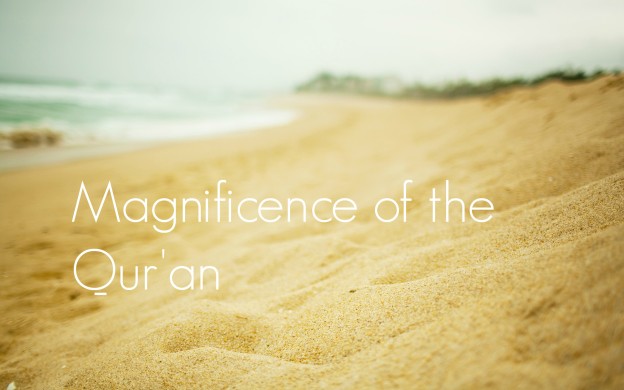During my Linguistics studies, I came upon something pretty amazing, and thought I’d share it with you…
In Linguistics, it is commonly understood that translation from one language to another is complicated; in that, no language can ever fully depict the essence and magnificence of another language, whether it be the culture, ideologies, or simple nature intrinsically present within that language. Poetry, is even more complex, forget that, it’s said to be impossible…
Guy Cook, Professor of Language and Education: “It has rhyme, it has rhythm, it has metaphors, symbolism, cultural illusions, performance style, and so on and so forth, it really is almost impossible to get a translation which does justice to the original.”
Shelley, English poet: “It’s like throwing a violet into a crucible.”
So, translating poetry from one language into another has been likened to throwing a flower into a furnace. Wow. So that would cancel out any chance that that flower could ever, possibly, even with the minutest chance, come out of a furnace looking the same.
So what then, of the Qur’an? Over 1400 years old, and magnificently still unparalleled to this day. The most beautiful, inimitable piece of literature in the world. In fact, a book that cannot only be called ‘a piece of literature’, or even equated to poetry, since that wouldn’t suffice. It is a guidance, a healing, a light, and best described in the words of the One who authored it, Allah, The Majestic, Supreme in Greatness:
“Allah has sent down the Best Statement, a Book (this Qur’an), its parts resembling each other (in goodness and truth) (and) oft-repeated. The skins of those who fear their Lord shiver from it (when they recite it or hear it). Then their skin and their heart soften to the remembrance of Allah. That is the guidance of Allah. He Guides therewith whom He wills; and whomever Allah sends astray, for him there is no guide.” (Surah Az-Zumar, Chapter 39, Ayah 23)
(Translated meaning of the verse)
SubhanAllah, such powerful words, and yet even they have been translated for us! Just imagine reading this verse in pure Arabic and understanding it to a degree that you never could in English. Imagine capturing the beauty of the violet before it is fed to the furnace.
So the question is, can we ever understand and connect with the Book of Allah, if we can only access it in its translated meaning? The answer is yes; we can, and many people before us have done the same.
But now I ask you, can we ever fully absorb, contemplate and reflect upon the Speech of Allah, if we can only access it in its translated meaning? Can we ever completely connect with it on an emotional and intellectual level? The answer is no; we cannot, except for a small (or some) degree, and that is the fundamental reason why countless people before us have sought and strived to learn the Arabic language, and why countless people amongst us continue to do so now. The Qur’an’s message is gloriously beautiful in whatever language it is translated into; Russian, Chinese, Korean, French, English, and so on, such that it inspires millions of conversions into Islam, but it is only in the Arabic language that its beauty truly emanates and radiates.
“Verily, We have sent it down as an Arabic Qur’ân in order that you may understand.” (Surah Yousuf, Chapter 12, Verse 2)
Saying that, I implore you to learn the Arabic language, and open up doors to endless possibilities and rewards. To comprehend the Qur’an with a new understanding, to revel in the sweet beauty of each and every verse, to smile and cry at the descriptions of those entering Paradise and those entering the Hell Fire, to desire with a newfound urgency to be amongst the Believers, and to fear with a trembling heart to be amongst the Disbelievers, to hope and dream, to wish and want, in a language of surmount exquisiteness, and to love the Qur’an the way it truly deserves to be loved.
May Allah help us all to master the language of the Qur’an and to aid its spread throughout the Ummah. May He increase us all in beneficial knowledge, sincere intentions, and accepted deeds, and may He bless us in manifold reward.

